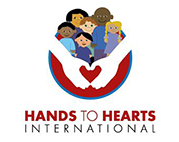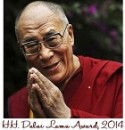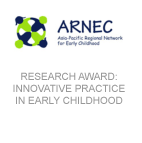I am writing from a very remote village in India, in the Eastern state of Orissa. This area, if famed for anything, is famed for its tribal peoples, who speak more 50-60 different languages, and its profound and prolific poverty and social needs. Though, I am surprised and pleased to report that the poverty here is not as traumatic, at least not for me personally, as I have seen it in the urban areas of India, such as Mumbai. Here things are very simple, even crude, but there are not the masses, writhing on the pavement, clustered under tarps on the sidewalks and roadsides where they eek out any etible item, anything they can for their daily survival and existence.
I am not able to upload pictures from here, but hope to paint you a picture in words.Here there are green rice fields, growing and thriving, covered in the monsoon waters. Men, women and children follow yoked oxen in the fields as they plow and prepare the dirt with a simple piece of wood. The older women are beautifully adored with heavy gold nose rings, some wearing them on both sides of their noses, and others having a large and highly ornamented piece hang from the center of their nose, over their top lip. I attended a meeting of women the other day in a rural village, they were all members of Self Help Groups. They demonstrated the most basic form of micor-finance, that of group savings and investment. Each woman who is a group member must contribute Rs. 20 – 40, the equivalent of $1 – $0.50, per month to their group. After 6 months, the women can then choose how to invest this money, usually in the form of helping a woman open her own business (one woman I met bought a cart and began selling bananas as her business), or helping in family, health or education matters. Whoever recieved the money was to pay it back to the group at the tiny interest rate of 2%. Their resolve and strength was deeply moving. Some of the older women in the group had never had a year of education, but they had been taught to write their names and therefore sign their monthly contributions in and be a part of the group.
The HHI trainings are going well. We are in the midst of our 2nd of 3 trainings here, the process to train a local HHI Trainer to work independently once we leave. Our newest trainer is named Tapaswini, she is 28 years old, has a MA in English, advanced training in Human Rights and was previously a program officer for a local NGO that led rural community health education. Tapaswini has a 4 month old baby girl, who has happily been a part of our daily trainings. Our first 2 groups are women who are day care workers in the rural villages, at the creche centers which allow the local women to work a half day in the fields to earn income for their families. These day care providers though are mostly young women, who have little knowledge and no formal education about early childhood development. They are learning quickly and are enjoying the new information, excited to take it back and share it with all the mothers in their village. Our third training will begin on Saturday at a local orphanage.
I am staying in a very rural area and it is 15km to this small village, which has this one computer for me to write emails from. It is painfully slow, but I am deeply grateful for its presence.









